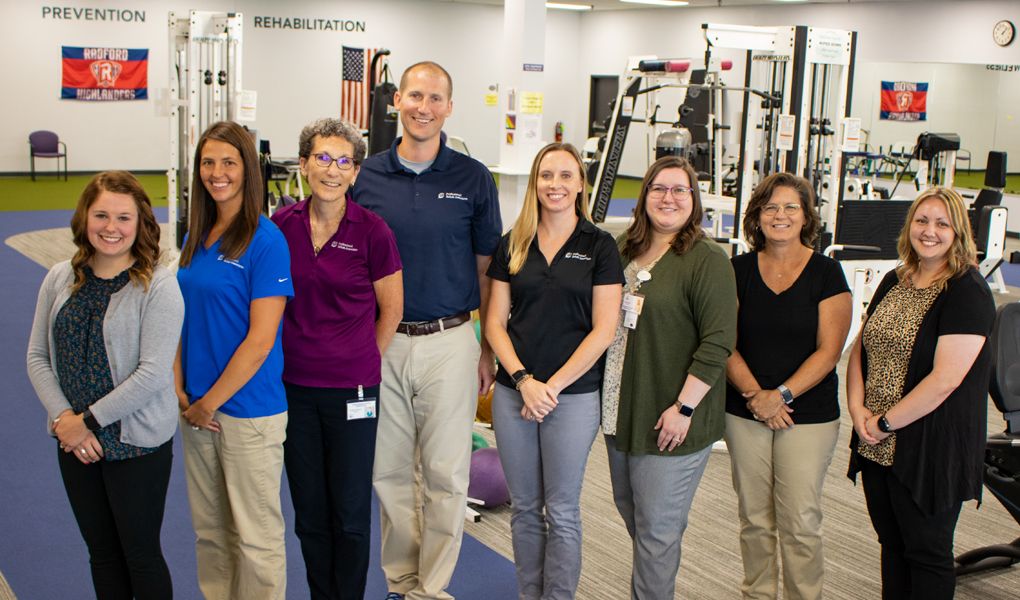Enabling Clients Through Social Support within Pulmonary Rehabilitation Initiatives.
Wiki Article
Cardio-pulmonary rehabilitation programs are designed to help individuals with cardiac and pulmonary conditions improve their well-being and standard of life. These initiatives commonly consist of physical exercise, instruction about heart and pulmonary well-being, and support for making lifestyle changes. Nonetheless, one crucial element that is occasionally overlooked is the role of emotional assistance. Emotional assistance refers to the emotional and social assistance that individuals receive during their rehabilitation process. This support can empower patients, boost their confidence, and assist them manage the challenges that arise with long-term health conditions.

Patients in cardiac and pulmonary rehab frequently face various psychological and psychological difficulties. Emotions of anxiety, sadness, and isolation can be common. These feelings may stem from the pressure of confronting with a significant health issue or the fear of future medical problems. Psychosocial support can help address these emotions by providing patients with a secure environment to discuss about their concerns and bond with others who understand what they are experiencing through. Group therapy meetings and one-on-one therapy can be effective ways to facilitate this assistance. By engaging with professionals and peers, individuals can acquire coping strategies and find support from others who have similar challenges.
Integrating psychosocial assistance into cardiac and pulmonary rehabilitation initiatives can lead to improved health results for individuals. resource Studies indicate that when individuals receive emotional support, they are more apt to adhere to their rehabilitation programs, adhere to medication, and implement necessary lifestyle modifications. This engagement can lead to improved physical health, lessened admissions, and an overall improved quality of life. Support teams can encourage motivation and responsibility, assisting patients remain committed to their rehabilitation objectives. This cooperative approach highlights the significance of addressing both bodily and emotional well-being in the rehabilitation journey.
Teachers and medical providers play a crucial role in providing psychosocial support within these programs. They can help patients understand the importance of mental health in their rehabilitation journey. By creating an environment of empathy and understanding, healthcare providers can encourage open communication about feelings and concerns. Training staff in communication skills and emotional support techniques can improve the general individual journey. Moreover, incorporating instruction about anxiety reduction, relaxation methods, and positive adaptation approaches can enable individuals to assume an proactive role in click site their mental health.
In conclusion, strengthening individuals through emotional support in cardiopulmonary rehabilitation programs is essential for promoting comprehensive rehabilitation. By acknowledging the psychological and community aspects of healing, medical providers can create a more supportive environment that addresses the requirements of the entire individual. Individuals who receive this holistic care are more apt to achieve their well-being goals and improve their overall standard of living. The inclusion of emotional support into rehabilitation initiatives not only improves the patient experience but also contributes to better long-term medical outcomes.